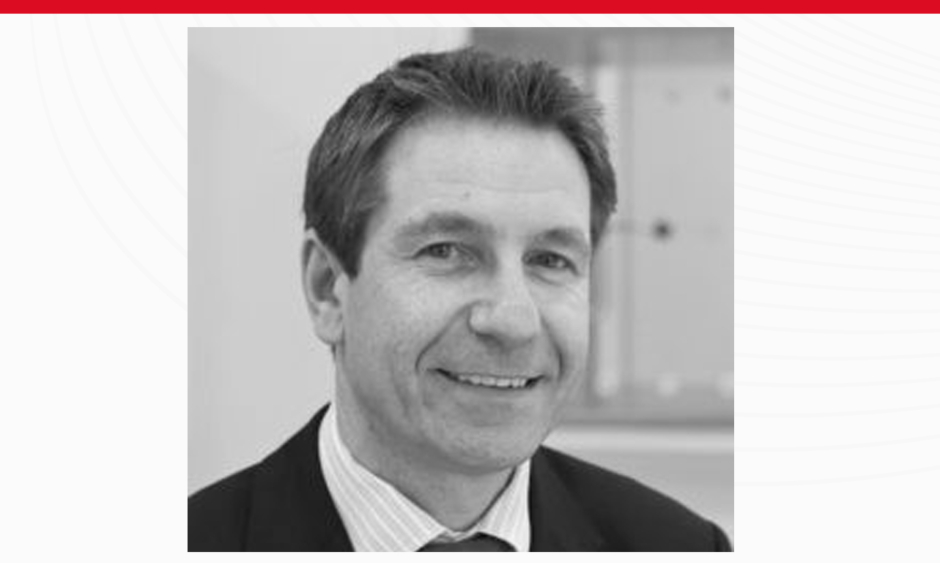Philip Newsome | Secretary General at the European Association for the Study of the Liver (EASL) 2021; Director of the Centre for Liver and Gastrointestinal Research; Professor of Hepatology, University of Birmingham; Consultant Hepatologist at the Liver Unit, Queen Elizabeth Hospital, Birmingham, UK
With your years of experience as a consultant hepatologist, what initially sparked your interest to pursue a career in this field and motivates you to continue researching?
It was a clinical attachment when I was a third-year medical student in Edinburgh, UK. I then did a summer project in the Liver Laboratory in Edinburgh, which motivated me to pursue a career in liver disease with research as a principal focus.
What are the main goals and hopes for the European Association for the Study of the Liver (EASL) congress?
I suppose it is to be able to bring the liver community together, albeit in an online form, so we can get that interaction to share new data, new knowledge, and facilitate discussions between different patients, doctors, and researchers.
How much of an impact do you believe EASL has, both directly on hepatologists and indirectly on patients?
Directly, it has a major impact because it provides a forum, whether it be physical or virtual, to access information, disseminate information, and have a discussion. Then, indirectly, that translates into great research activity, more clinical trials, and improved patient care.
Could you talk a bit about the underlying ethos of the International Liver Congress (ILC) and how your work relates to this?
I think the underlying ethos of the ILC is that we want to bring together people who have an interest in improving the outcome of patients with liver disease, and also improving the understanding of the factors that drive liver diseases. My work as the Secretary General is to try and bring together as many people as possible to that forum.
What are the most significant changes you have seen in the field of hepatology during your time working within the field?
I believe that the most significant change has been the discovery of a new condition, hepatitis C, and the development of effective treatment strategies in a 10–15 year time period. This is a demonstration of what innovation can do in terms of defining a condition then identifying and developing treatments for it.
What changes have you brought into effect whilst serving as Secretary General for EASL?
I have really supported the delivery of EASL Campus, which is the online platform that curates a lot of the activities we do. I have also brought in the first equality, diversity, and inclusion policy to try and make sure that, as an organisation, we are much more conscious of embedding diversity, in terms of the representational committee, the faculty, and at conferences. I think we have really tried to push the focus to being on liver disease rather than on the hepatologist, trying to focus on a patient-centric view of the work.
Since your appointment to Director of the Centre for Liver and Gastrointestinal Research and Professor of Hepatology, at the University of Birmingham, UK, what has been your proudest achievement?
My proudest achievement is probably delivering, alongside a colleague at the University of Edinburgh, Stuart Forbes, the landmark trial testing stem cells in patients with liver cirrhosis.
As an educator, where can we expect to see your focus lie in the coming years?
I think the increased focus has been providing education to patients of the public. I have done quite a lot of work on liver disease and therapies for liver disease, which I think is important because you become able to understand patient perspectives and they can understand what any new therapies might look like.








